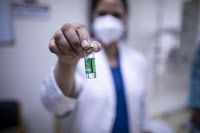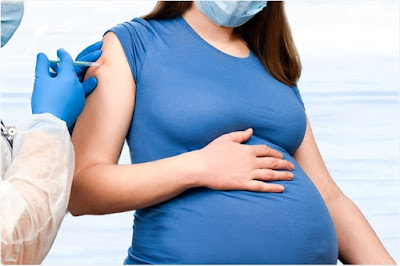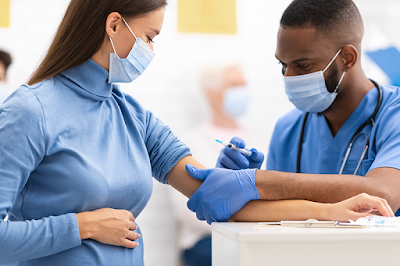Signs of Bacterial Infection: Burns, Cuts, and in the Body.

What is a bacterial infection? A bacterial infection occurs when bacteria enter your body and begin to multiply. Not all bacteria are bad. In fact, various species of bacteria begin to colonize our bodies shortly after we’re born. These bacteria are harmless and can offer us benefits sometimes, like helping with digestion. Some types of bacteria, referred to as pathogenic bacteria, are harmful to us. When they infect us, they can cause disease. Some of these infections can become serious, so be sure to see your doctor if you think you have a bacterial infection. For example, a minor skin infection may develop into cellulitis if left untreated. Additionally, some infections can lead to a life-threatening condition called sepsis. It’s an extreme response by your body to an infection. Below, we’ll explore some of the signs and symptoms of a bacterial infection in cuts, burns, and within the body. Signs of infection Signs and symptoms of a bacterial infection may vary dependin...




